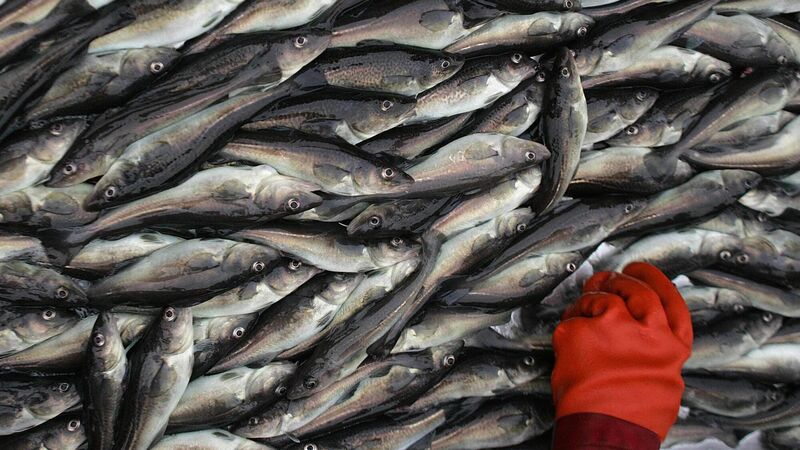Ireland faces sanctions over fishy goings-on with quotas

The 'Irish Examiner' has received a protected disclosure alleging that the authorities have turned a blind eye to persistent lawbreaking. Picture: John D McHugh/AFP/Getty
The EU is losing patience with Ireland’s inability to prevent lawbreaking in relation to fishing quotas.
An investigation by the EU — received by Minister for Agriculture, Food and the Marine Charlie McConalogue late last year — has concluded that fishery controls were “unsatisfactory”.










